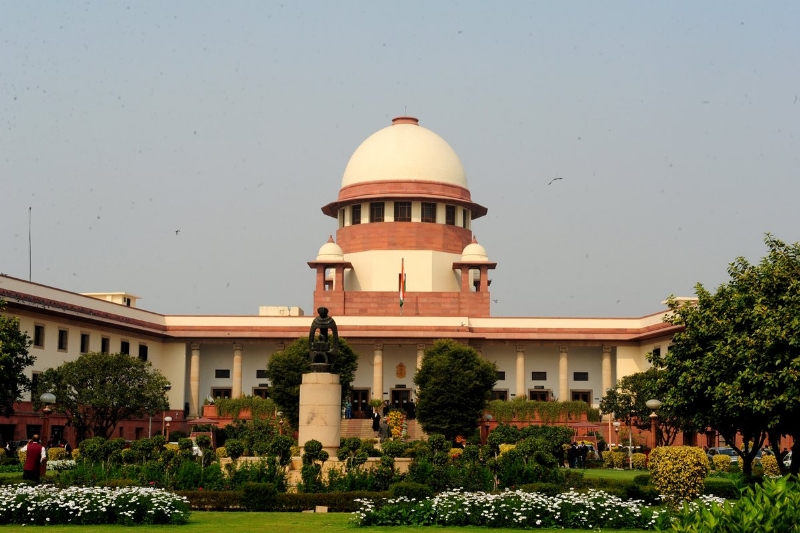‘Right to Die’ with dignity a fundamental right, SC allows passive euthanasia
New Delhi, March 9: The Supreme Court has ruled that passive euthanasia is permissible with guidelines in a landmark decision. The order was passed by a 5-judge bench headed by CJI Dipak Misra.

The Constitution Bench of Chief Justice Dipak Misra and Justices AK Sikri, AM Khanwilkar, DY Chandrachud and Ashok Bhushan was delivering its verdict on a PIL filed by NGO Common Cause in 2005.
After extensive hearing during which both the petitioner and the government was heard, the bench had reserved its judgment on October 11.
The Court also laid down guidelines governing execution and enforcement of living wills, as well as the procedure to be followed for passive Euthanasia in case there is no living will/advance directive.
In case there is no living will, family members of the concerned person can approach the High Court under Article 226 for passive euthanasia. Detailed guidelines on how to deal with such plea have also been laid down.
A living will is a document which persons with deteriorating health or the terminally ill can execute in advance, whereby such a person can choose not to remain in a vegetative state with life support system if he/she goes into a state when it will not be possible for them to express their wishes. This document could then be presented to a hospital for appropriate action in the event the executant’s health worsens.